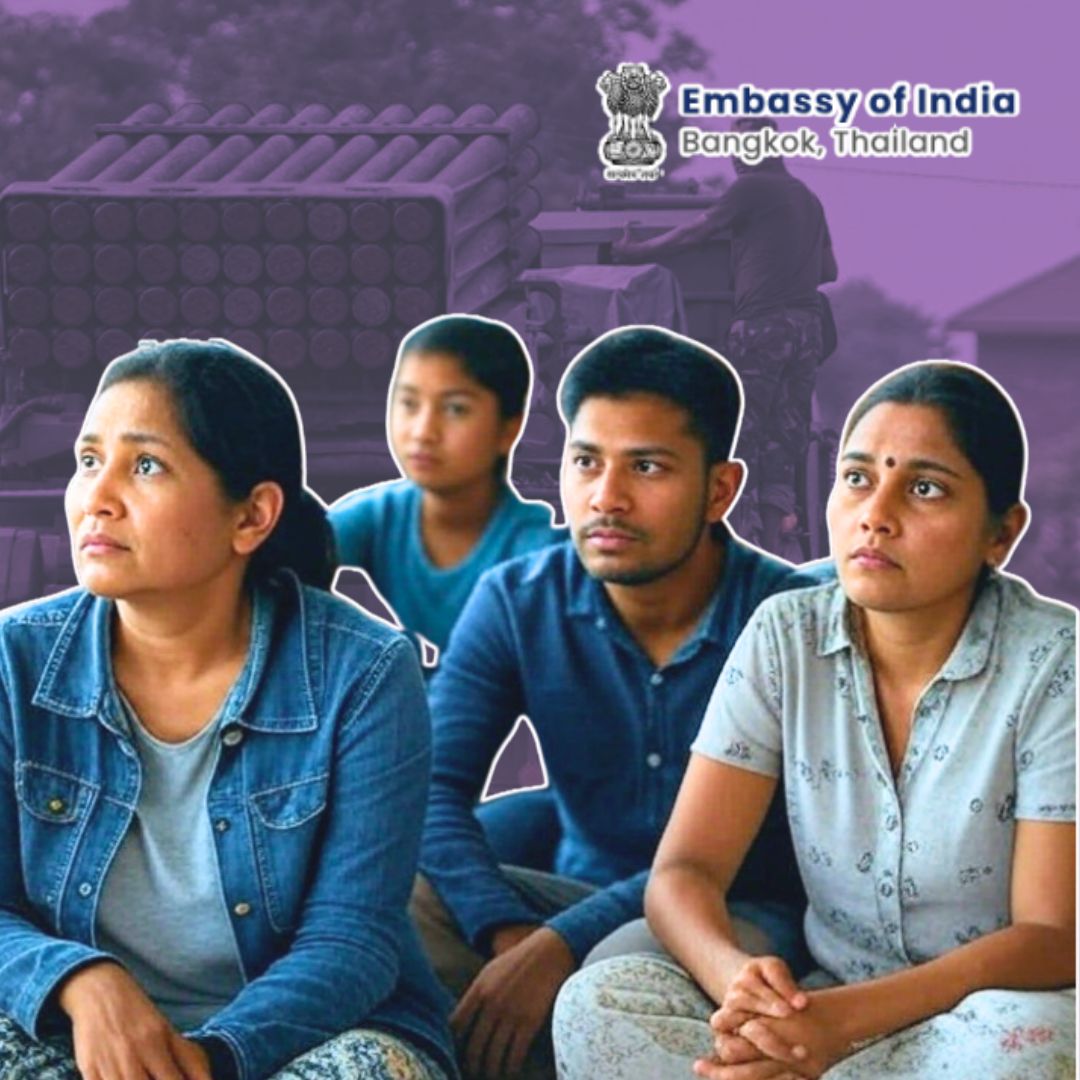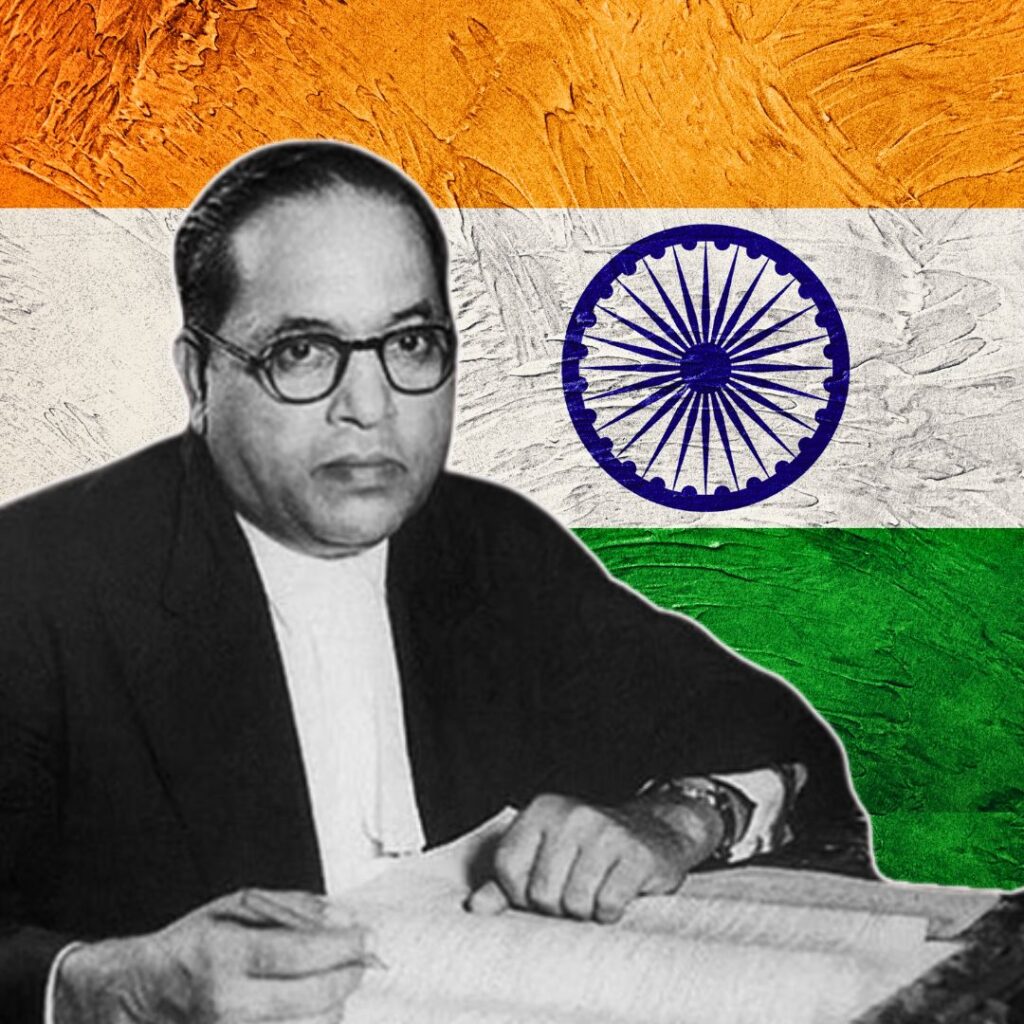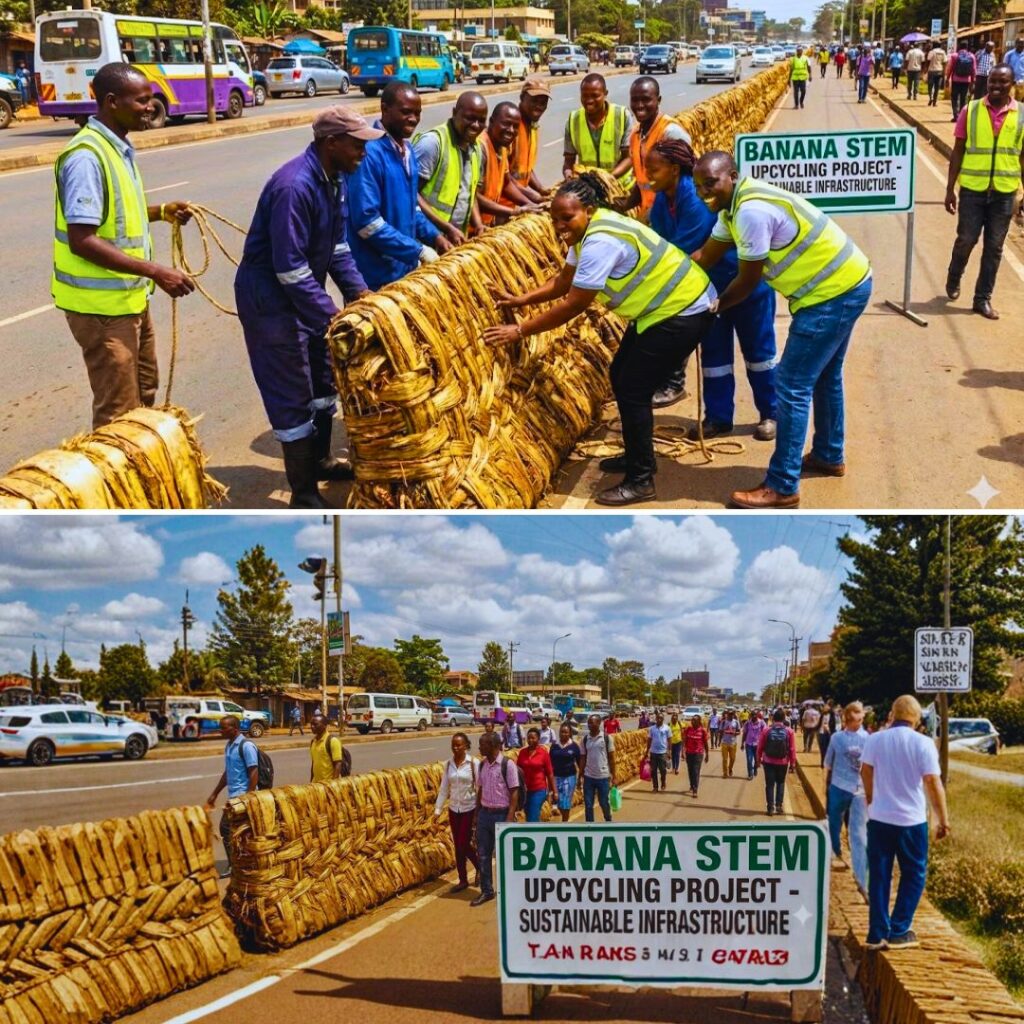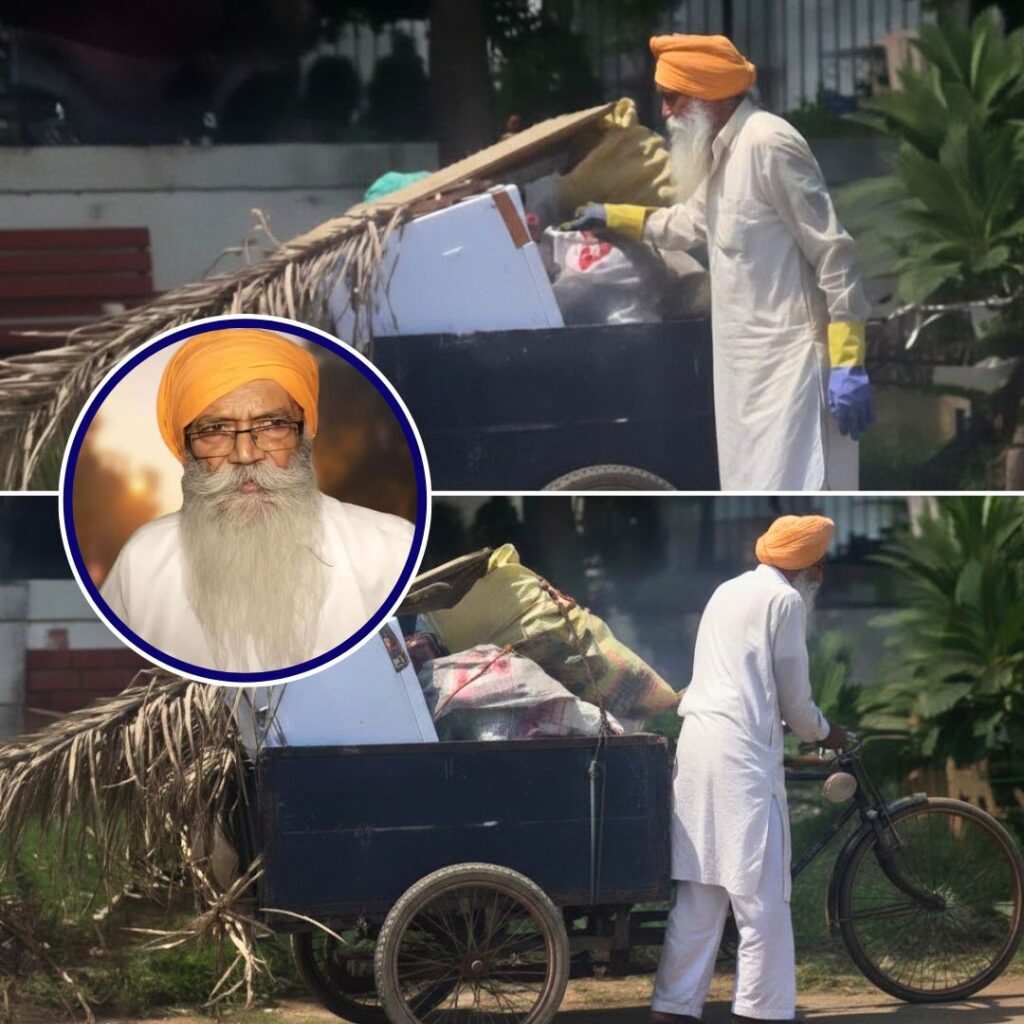The Indian Embassy in Thailand has reiterated its advisory for Indian nationals to avoid travel to seven provinces bordering Cambodia—Ubon Ratchathani, Surin, Sisaket, Buriram, Sa Kaeo, Chanthaburi, and Trat—due to intensifying clashes along the Thailand-Cambodia border. The conflict, which has deteriorated sharply since late July, has so far claimed at least 32 lives, including civilians and military personnel, and led to the displacement of over 130,000 residents on both sides.
Martial law has been declared by Thailand across eight districts adjacent to the border, and diplomatic ties have frayed, with both countries expelling each other’s ambassadors. The Indian Embassy urges travellers to stay informed through official sources such as the Tourism Authority of Thailand Newsroom and to comply with safety instructions as the situation unfolds.
Escalation and Impact on Civilians
The sudden escalation followed a landmine blast on July 24 that injured five Thai soldiers, prompting a fierce military response from Thailand. In retaliation, Thai forces conducted airstrikes targeting Cambodian military positions. The subsequent clashes spread across twelve different areas along the border, marking the worst violence in over a decade in this historically tense region. Both sides have reported casualties—Thailand’s Public Health Ministry confirms 13 civilian deaths and six soldier fatalities, while Cambodia reports 13 deaths, including civilians and soldiers, although precise figures remain difficult to verify given restricted access to conflict zones.
Additionally, the fighting has generated a significant humanitarian crisis. Over 130,000 people have fled their homes, seeking refuge in evacuation centres established throughout Thailand’s border districts. These centres now house thousands of internally displaced people facing uncertainty amid the ongoing military operations. Thailand’s government has declared martial law in eight districts to strengthen security and control over these volatile areas, further restricting civilian movement. The Indian Embassy’s advisory is grounded in concern for traveller safety amid this escalating violence and humanitarian instability.
The Public Health Minister of Thailand, Somsak Thepsuthin, condemned the attacks and called on Cambodia to cease hostilities promptly, emphasising the importance of peaceful coexistence. Cambodia, meanwhile, has denied responsibility for recent landmines, attributing some explosions to leftover unexploded ordnance from earlier conflicts. Both sides accuse each other of initiating the present hostilities, deepening the diplomatic impasse. Cambodia has urged intervention from the United Nations and shown willingness to pursue peace talks under international auspices, whereas Thailand advocates for bilateral negotiations, rejecting external judicial oversight such as claims related to the International Court of Justice’s (ICJ) jurisdiction.
Roots and Diplomatic Fallout
This outbreak reflects unresolved tensions stemming from long-disputed territories near revered temples like Preah Vihear and Prasat Ta Muen Thom, which have been subjects of contention for decades. The United Nations Security Council convened an urgent closed-door session addressing these clashes under concerns about threats to international peace and security, signalling widening international alarm. These temples lie within overlapping claims, and previous court rulings—including a 1962 ICJ decision recognising Preah Vihear as Cambodian territory—have not fully settled the disputes. Both Thailand and Cambodia maintain nationalist sentiments related to sovereignty over these lands, complicating diplomatic resolution.
The diplomatic fallout has been swift and severe: both nations have expelled each other’s ambassadors, a move that curtails formal dialogue when it is most needed. Reports indicate that Cambodia is pressing for wider international mediation to prevent further escalation, while Thailand seeks direct negotiation and resolution without third-party involvement. The military standoff and diplomatic standoff compound fears of continued conflict and instability in this fragile border region.
The Logical Indian’s Perspective
The ongoing crisis between Thailand and Cambodia tragically illuminates how historical territorial disputes can escalate into violent confrontations with heavy civilian tolls. The Logical Indian reiterates its commitment to values of empathy, dialogue, and peaceful resolution of conflicts. Sovereign nations indeed possess the right to defend their territories, but military action that causes civilian casualties and mass displacement only deepens suffering and undermines prospects for long-lasting peace.
As the international community watches closely, we urge all stakeholders—governments, diplomats, and civil societies—to intensify efforts toward a diplomatic solution anchored in mutual respect and understanding. This includes prioritising humanitarian access, safeguarding displaced populations, and fostering community-level peacebuilding initiatives that go beyond political rhetoric.
In view of the situation near Thailand-Cambodia border, all Indian travelers to Thailand are advised to check updates from Thai official sources, including TAT Newsroom.
— India in Thailand (@IndiainThailand) July 25, 2025
As per Tourism Authority of Thailand places mentioned in the following link are not recommended for… https://t.co/ToeHLSQUYi











